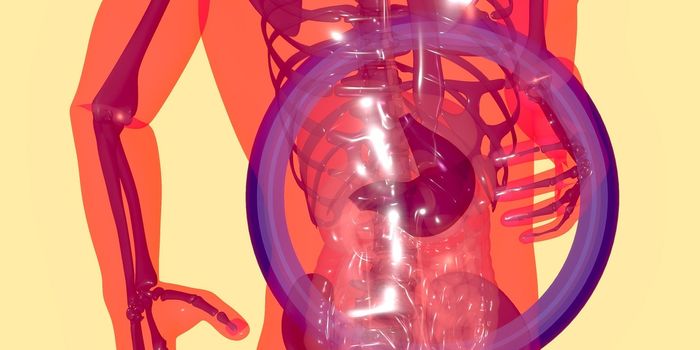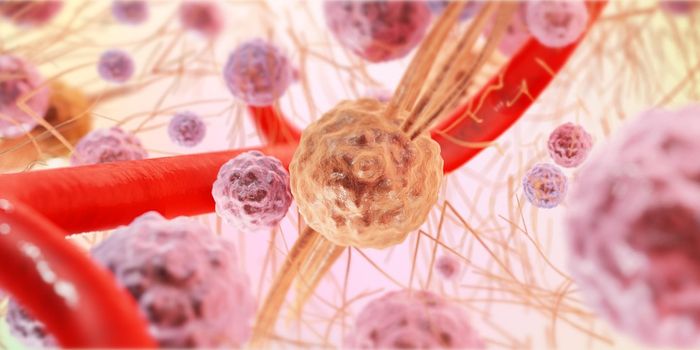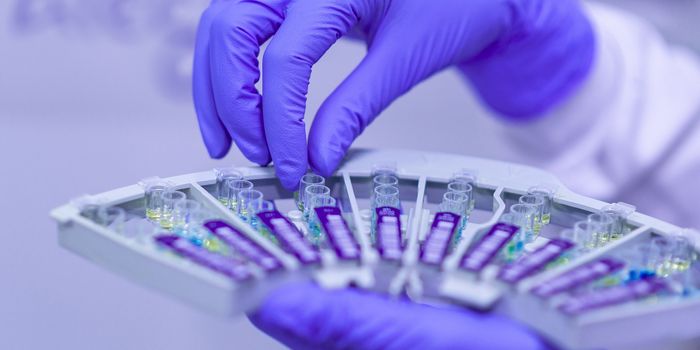Conspiracy Theories and Perception of Cancer Risk
Experts describe conspiracy theories as explanations for important events involving secret plots by powerful, malicious groups. One popular conspiracy theory is that Lee Harvey Oswald did not act alone in the plot to assassinate then-President John F. Kennedy in 1963. Polls performed by Public Policy Polling and Gallup in 2013, the 50th anniversary of the Kennedy assassination, found that more than half of those surveyed subscribe to this conspiracy theory believing a larger network schemed to assassinate Kennedy.
Scientific investigations give a peek into the psychology and characteristics associated with conspiracy theorists. A study published in 1994 asked participants their beliefs about ten contemporary conspiracy theories demonstrating that most people believed that several conspiracy theories were probably true.
Timely conspiracy therapies have centered around the COVID-19 pandemic and vaccination. Other conspiracy theories have evolved, countering established cancer prevention practices, such as not smoking. Given this information, could individuals untrusting of COVID-19 vaccination be susceptible to avoiding proven preventative measures against cancer?
A manuscript published last month in The British Medical Journal evaluated the beliefs about and attitudes toward cancer prevention among individuals skeptical of COVID-19 vaccination. Further, the study investigated how those who adopt conspiracy theories, such as believing that the Earth is flat, perceive preventative cancer measures.
The cross-sectional study drew data from online platforms, including ForoCoches, Reddit, and 4Chan over a three-month timeframe. Almost 1,500 volunteers responded to an invitation to participate in the survey which collected demographic information. In addition, the survey assessed participants beliefs in conspiracy theories. Regarding COVID-19, participants provided information on their vaccination status and, if applicable, the reasons they opted against vaccination. In addition, the survey provided information on participants belief in conspiracy theories, including believing the Earth is flat.
Participants answered questions on their perception of cancer risk to capture beliefs about "actual" and "mythical" cancer risk. "Established" cancer causes that indicated "actual" cancer risk included older age, smoking, alcohol consumption, obesity, diet, and childhood sunburns. "Non-established" cancer causes distinguishing "mythical" risk factors included microwave oven use, mobile phones, and living near power lines. Notably, the mythical causes represent risk factors not classified as group 1 carcinogens by the International Agency for Research on Cancer. Participants stated whether and to what extent they agreed with statements, including “it seems like everything causes cancer” and “there’s not much you can do to lower your chances of getting cancer.”
Using all the information collected from the survey, researchers found that awareness of actual causes of cancer was higher than mythical causes. Almost half of the participants felt that everything causes cancer which, the authors suggest, demonstrates general difficulties in differentiating actual and mythical cancer causes due to the overwhelming amount of information available to the public. The data showed that conspiracy theorists who remain unvaccinated and prefer alternative medicine are more likely to endorse mythical cancer causes and less likely to support actual cancer causes. The authors conclude that their study directly connects digital misinformation and poor health decisions, which could directly increase cancers related to modifiable risk factors.
Sources: Curr Dir Psychol Sci, Pol Psychol, BMJ









